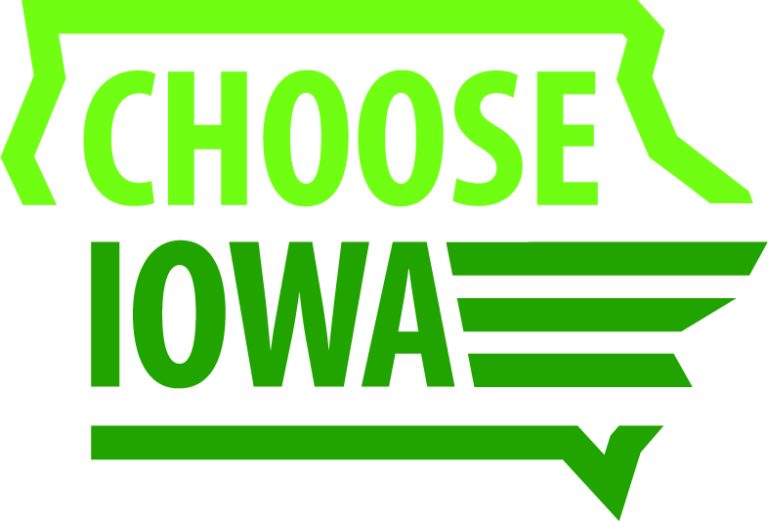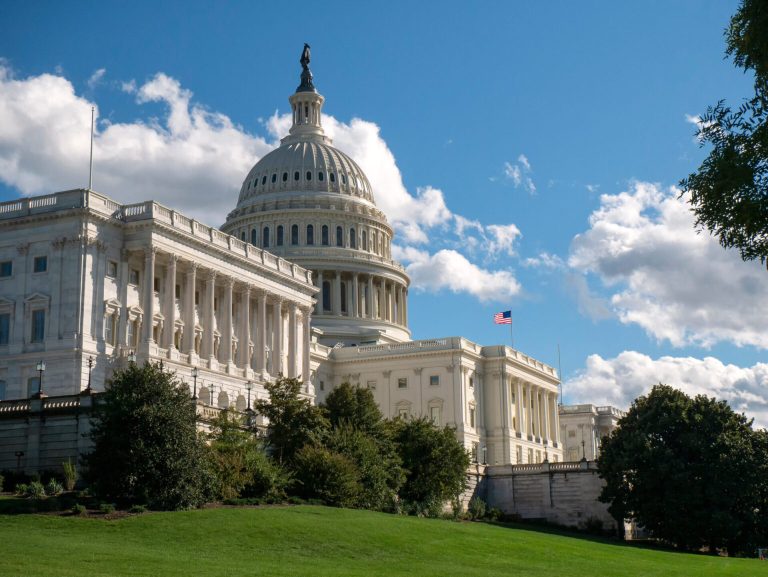(IARN) — Numerous studies have outlined the benefits of gene editing.
Gene editing in agriculture offers benefits for “our health, our environment, animal welfare, crop health and reducing food waste,” according to the American Farm Bureau Federation (AFBF). Another farm organization seeks a better suitor for regulatory oversight of this emerging technology.
National Pork Producers Council (NPPC) past president David Herring says, “Under FDA regulation, gene editing faces an impractical, lengthy and expensive approval process.” NPPC asks for the United States Department of Agriculture (USDA) to provide regulatory oversight, according to Dr. Liz Wagstrom, chief veterinarian for the National Pork Producers Council.
Gene editing, as defined by Dr. Wagstrom, involves “removing, or changing, an existing gene. New genetic material is not inserted.”
“A gene edit might be as simple as, when we’re looking at a PRRS resistant pig, removing part of a gene that allows for the receptor on the cell the PRRS virus hooks onto,” Wagstrom said.
It only takes one generation of gene editing to occur as the pig’s progeny will carry on the gene into subsequent generations, according to Wagstrom. Additionally, gene-edited animals rendered for human consumption have been proven safe.
Story courtesy of the Iowa Agribusiness Radio Network.
Photo from KIWA Image Archive












